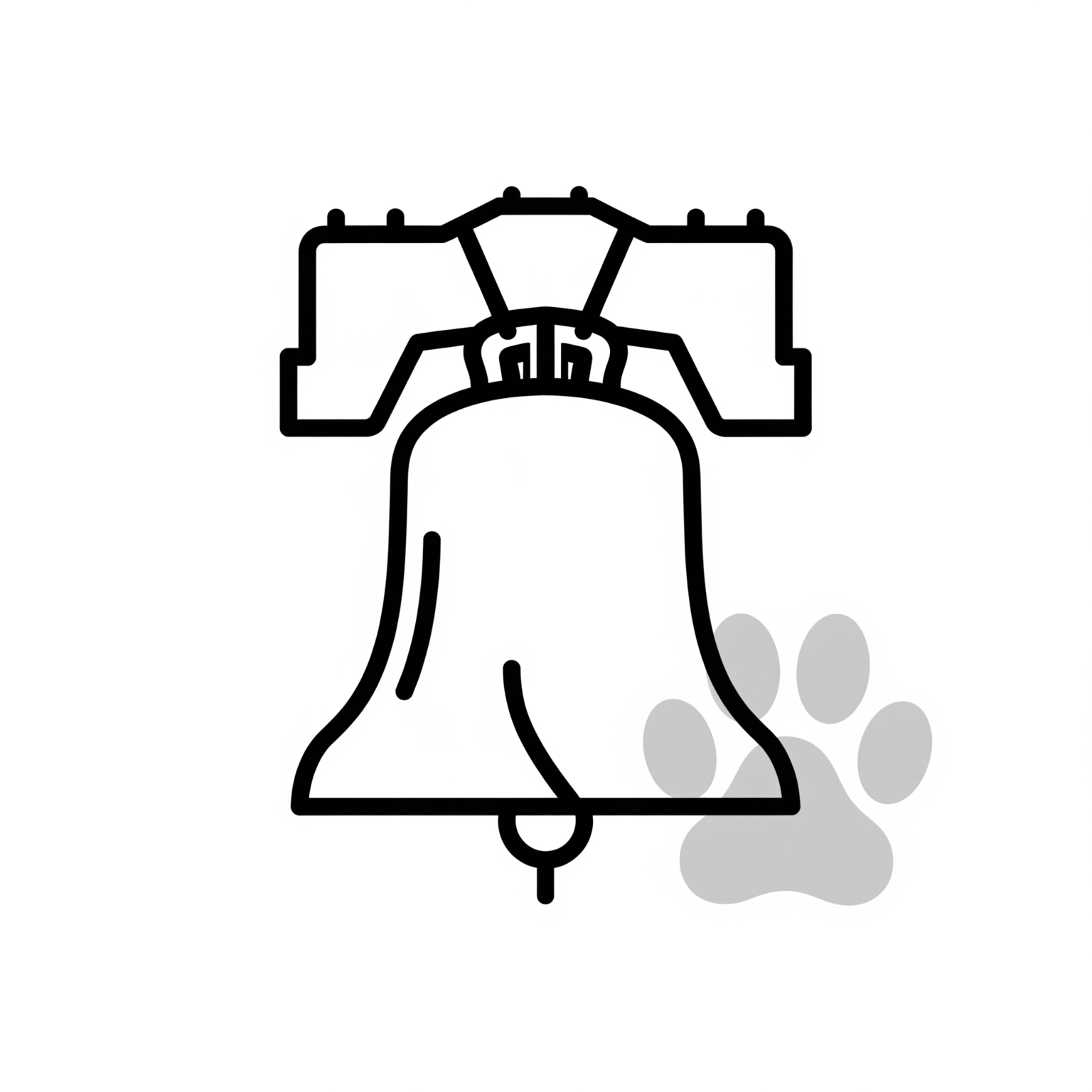Let’s Talk About Dogs in the Keystone State
From Philly to Pittsburgh and all the beautiful country in between, Pennsylvanians love their dogs. They’re our hiking partners, our sofa-cuddlers, and a huge part of our families. But it’s also a fact of life that dog bites can happen, and when they do, the legal side of things can get confusing.
Pennsylvania’s dog bite law is a unique “hybrid” rule—it’s not a straight-up “one-bite” state or a “strict liability” state. It’s a mix of both. It sounds complicated, but it’s not so bad when you break it down. This guide will walk you through how it all works in simple, human terms.
Pennsylvania’s “Two-Tier” Rule: What It Actually Means
The best way to understand Pennsylvania’s law is to think of it in two separate parts: paying for medical bills and paying for everything else. The rules for each are totally different.
Part 1: Covering the Medical Bills (The “Strict Liability” Part)
For the immediate medical costs that come from a bite, Pennsylvania has a strict liability rule.
Here’s the simple version: If a dog bites you, the owner is automatically on the hook for your medical bills. It doesn’t matter if the dog has a perfect record or if the owner had no reason to think it was dangerous. The law says the owner has to cover the cost of your medical care, period.
Part 2: What About Other Damages? (The “Negligence” Part)
This is where things change. If you want to get compensation for anything beyond your direct medical expenses—like lost wages, pain and suffering, or emotional distress—you have to prove the owner was negligent.
This is basically Pennsylvania’s version of the “one-bite rule.” To prove negligence, you have to show that the owner knew, or should have known, that their dog had a tendency to be dangerous. This doesn’t mean the dog is mean all the time. It could be a history of:
- Biting someone before.
- Aggressively growling, snapping, or lunging at people.
- Acting in a way that would make a reasonable person careful.
So, while getting medical bills covered is pretty automatic, getting compensation for the other ways the bite has impacted your life requires a lot more proof.
There is one major exception: if the bite causes a “severe injury” (think broken bones or deep cuts needing stitches or cosmetic surgery), the owner is automatically responsible for all damages, not just the medical bills.
When an Owner Might Not Be on the Hook
Even with these rules, there are a couple of key situations where a dog owner may not be held responsible.
- If the person was trespassing. The law is designed to protect people who are in a place they are legally supposed to be. If someone is on private property without permission, an owner generally isn’t liable if their dog bites them.
- If the person provoked the dog. This is a big one. If someone was actively teasing, hitting, or tormenting a dog and that’s why it bit them, the owner has a very strong defense.
The “Dangerous Dog” Label
Pennsylvania takes things very seriously if a dog is officially declared “dangerous.” This can happen if a dog, without being provoked, attacks a person or severely injures or kills another pet.
Once a dog is legally classified as “dangerous,” the owner has to follow a strict set of rules, including:
- Keeping the dog in a secure enclosure.
- Using a muzzle in public.
- Posting “dangerous dog” warning signs on their property.
- Carrying at least $50,000 in liability insurance.
If a dog already labeled as “dangerous” bites someone, the owner is automatically liable for all damages, and they can face serious criminal charges.
The Clock is Ticking: The Statute of Limitations
You don’t have forever to decide to take legal action. This deadline is called the statute of limitations.
In Pennsylvania, you have two years from the date of the bite to file a lawsuit.
This is a firm deadline. If you miss it, you lose your right to sue for good. It’s always best to figure out your options well before the two-year mark is up.
The Bottom Line
Living with a dog in Pennsylvania comes with a unique set of responsibilities. The law creates a two-part system that ensures medical bills get paid while requiring more proof for other damages. The number one takeaway is that responsible ownership is key—training and supervising your dog is the best way to keep everyone safe and avoid getting tangled up in these rules in the first place.


